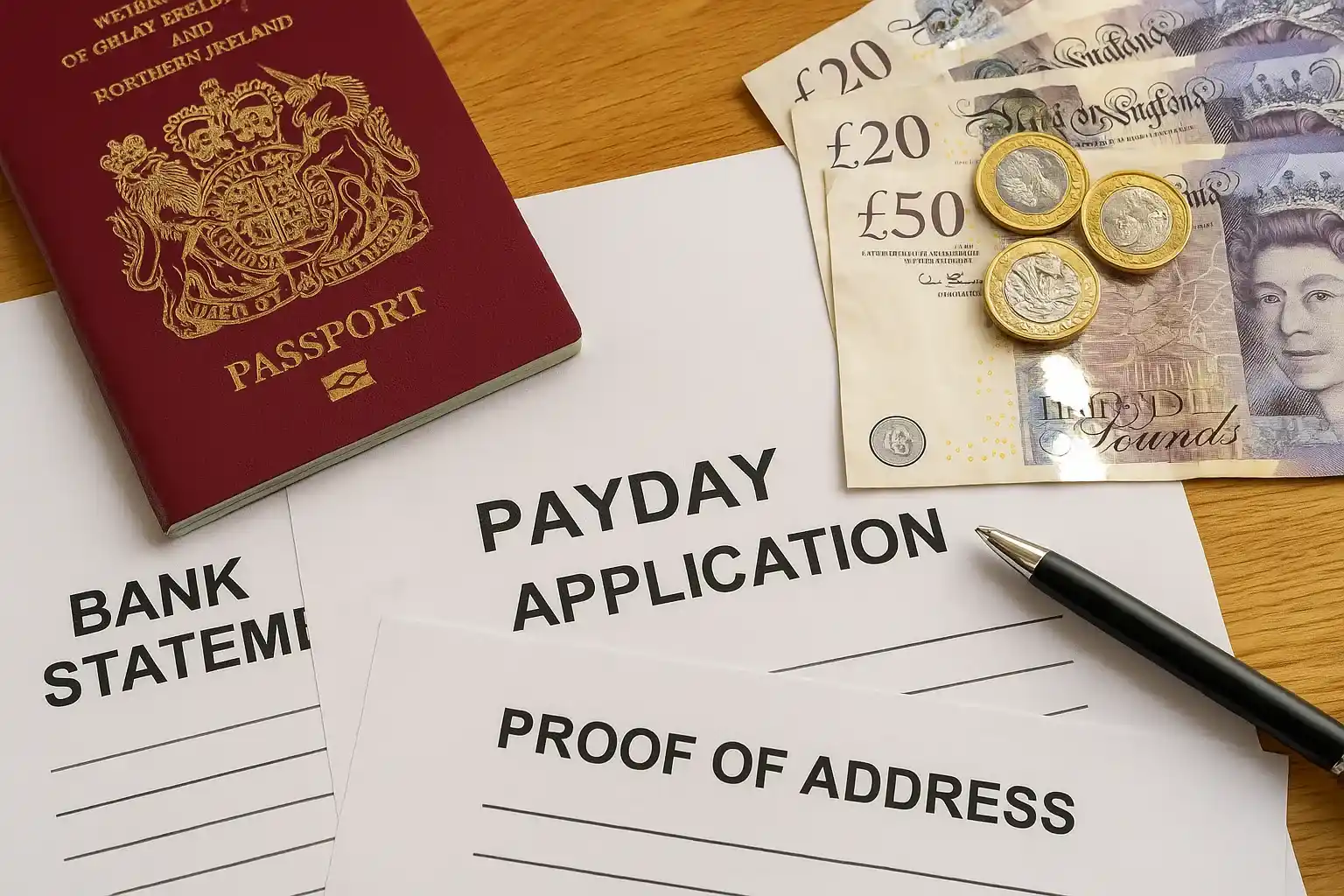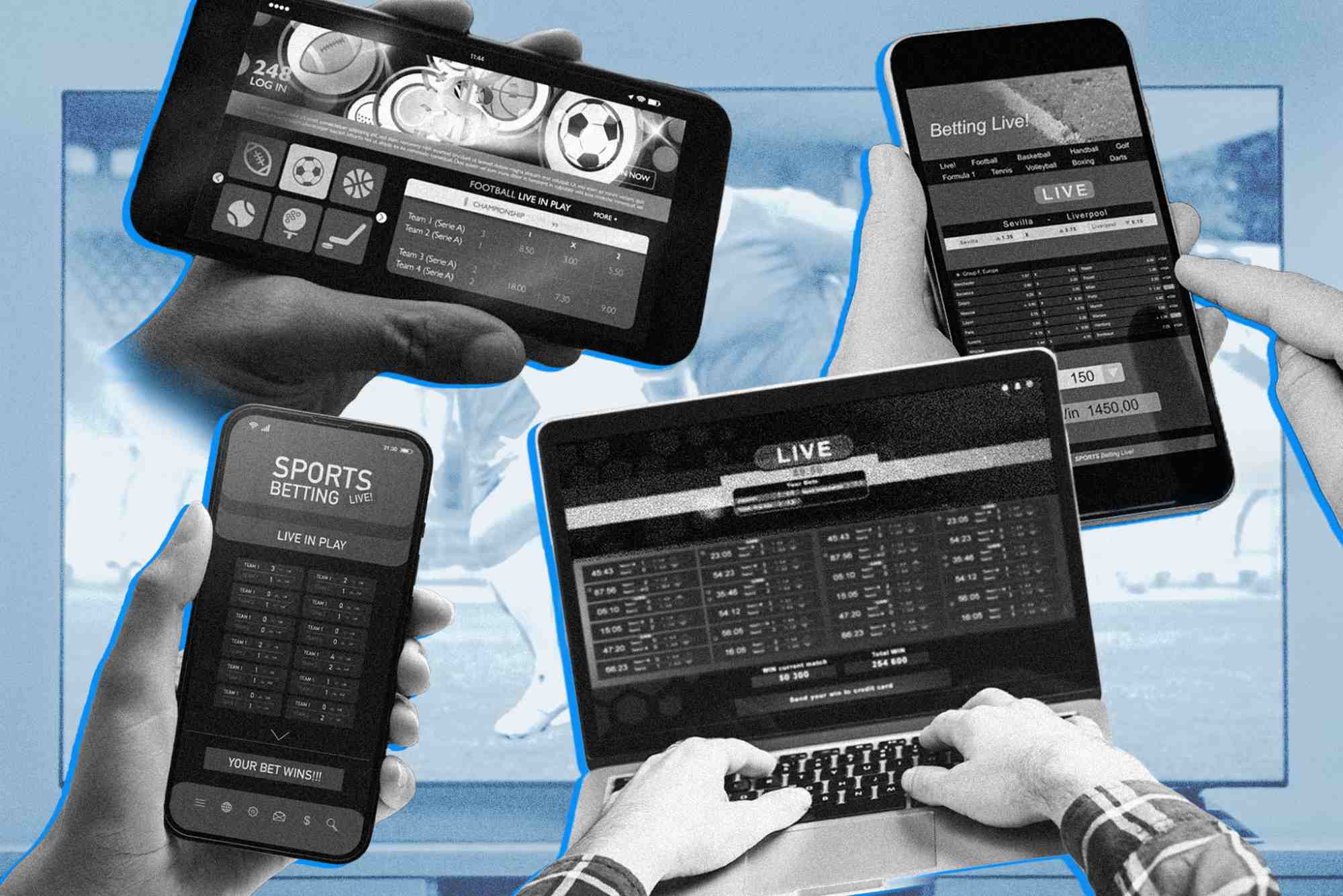Payday loans have become a common short-term borrowing option in the UK, especially for people who need quick cash to cover unexpected bills or emergencies. But while they are marketed as fast and easy, most lenders still require certain documents before approving your application. Understanding these requirements can save you time and frustration, and it also helps you determine whether a payday loan is the right option for your situation.
As someone who has researched different lending options and seen how borrowers navigate this process, I want to share clear guidance on what documents lenders typically ask for and why they matter.
Proof of Identity
The first and most obvious requirement is proof of identity. Payday loan lenders need to verify who you are to comply with UK regulations and prevent fraud. In most cases, a valid passport or driver’s licence will do the job. Some lenders may also accept national identity cards.
The lender isn’t just checking your name—they’re making sure you’re of legal age and that your identity matches other information you provide. Without this, no loan application can move forward.
Proof of Address
Alongside identity, proof of address is usually required. This ensures that the lender knows where you live and can contact you if necessary. Commonly accepted documents include utility bills, council tax statements, or official bank statements dated within the last three months.
Payday lenders rely on this step to ensure applicants are genuinely UK residents, as payday loans are tightly regulated within the country. This also helps with affordability checks and compliance with anti-money laundering laws.
Proof of Income
Perhaps the most critical document in your payday loan application is proof of income. Payday lenders want reassurance that you can repay what you borrow. Unlike longer-term loans, payday loans don’t always require extensive financial background checks, but proof of income is essential.
This could be recent payslips, bank statements showing regular deposits, or proof of self-employment income if you’re freelance. Some lenders will also request confirmation of employment from your employer. The goal here is not just to verify your earnings but also to assess whether repayment is realistic.
Bank Account Details
Since payday loans are usually deposited directly into your bank account and repayments are often collected through direct debit, you’ll need to provide accurate bank account details. Lenders may ask for a recent bank statement as both proof of account and evidence of financial stability.
This might feel like a small step, but it’s one of the most practical parts of the process. Without a valid bank account in your name, most payday lenders won’t proceed with an application.
Credit Checks and Supporting Information
While payday lenders are often more flexible than banks, most still perform some form of credit check. This doesn’t always mean you’ll be rejected for a poor score, but lenders want to see your overall borrowing history.
If your credit history is limited or poor, lenders may ask for additional documents—such as references, proof of benefits if you receive them, or further evidence of your financial responsibilities. This is part of responsible lending, ensuring you’re not put in a situation where repayment is unmanageable.
Speed vs. Documentation
One of the reasons payday loans are popular is their speed. Some lenders advertise that cash can reach your account within minutes. But that doesn’t mean they skip documentation. The difference is that most lenders now accept digital uploads of documents, making the process smoother than the traditional paper-based methods.
In fact, some modern lenders integrate banking technology that allows them to verify your income and identity instantly, provided you consent to secure checks. Still, it’s wise to have the basic documents ready before applying.
Why Documents Matter Beyond Approval
From my experience, it’s important to understand that documentation isn’t just red tape—it’s protection. When a lender checks your income, it ensures you’re not taking on a loan you can’t repay. When they verify your address and identity, it helps keep scams and fraud at bay.
This also ties into the broader conversation about responsible borrowing. Payday loans should only be taken when necessary and after careful consideration of repayment. Having to provide documents is part of ensuring the loan is genuinely affordable for you.
Choosing the Right Payday Loan Provider
It’s not just about having the right documents—it’s also about choosing the right lender. The UK has strict regulations on payday lending, but not all providers are equal in transparency or fairness. Some comparison resources on best payday loans uk highlight which lenders are most reliable, affordable, and customer-friendly. These can help you avoid providers with hidden fees or unfair terms.
In my opinion, the best payday loan is one you rarely need to use. But if you do find yourself considering it, going through a trusted platform or regulated lender makes all the difference.
Final Thoughts
Applying for a payday loan in the UK requires more than just filling out an online form. At a minimum, you’ll need to provide proof of identity, address, income, and valid bank details. These documents ensure that lenders can confirm your eligibility and protect both sides from unnecessary risk.
While payday loans can provide quick relief in emergencies, they should always be approached with caution. Make sure you have the required documents ready, understand the repayment terms, and choose a lender that prioritises transparency. Documentation isn’t a hurdle—it’s part of responsible borrowing that helps you avoid deeper financial trouble.




